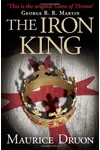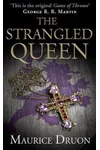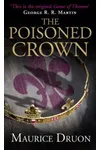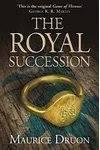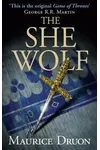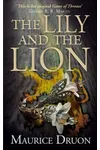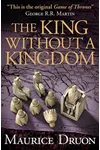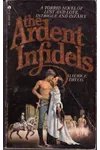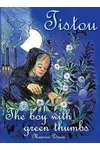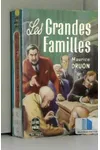Picture a French storyteller who spun medieval curses into gripping sagas and penned an anthem that rallied a nation—meet Maurice Druon! Born in Paris in 1918, this literary titan blended historical drama with political fervor, leaving an indelible mark on French culture. From his epic series Les Rois Maudits to his wartime heroism, Druon’s life was as thrilling as his novels.
A Resistance fighter, novelist, and cultural minister, Druon wore many hats, each with flair. His work captivated readers worldwide, even inspiring George R.R. Martin’s Game of Thrones. Let’s dive into the life and legacy of this extraordinary author.
The Making of Maurice Druon
Maurice Druon was born on April 23, 1918, in Paris, to a Russian-Jewish father, Lazare Kessel, who tragically died by suicide when Maurice was two. Adopted by his stepfather, René Druon, he grew up in Normandy, steeped in literature thanks to his uncle, writer Joseph Kessel. Young Maurice’s passion for storytelling bloomed early, fueled by his family’s artistic roots and a keen sense of history. By his teens, he was already writing, his pen sharpened by the turmoil of World War II, where he joined the French Resistance and later fled to London to aid the Free French Forces.
In 1943, Druon co-wrote the stirring Chant des Partisans with Kessel, a song that became the unofficial anthem of the Resistance. This early blend of art and activism set the stage for a career that would intertwine literature with cultural and political influence.
Maurice Druon’s Unforgettable Stories
Druon’s literary crown jewel is Les Rois Maudits (The Accursed Kings), a seven-novel series published between 1955 and 1977. Set in the 14th century, it chronicles the downfall of the French Capetian dynasty, weaving scandal, murder, and curses into a historical tapestry. The series kicks off with The Iron King, where King Philip the Fair’s persecution of the Knights Templar unleashes a curse that haunts his lineage. Druon’s vivid prose and meticulous research made the series a global hit, translated into multiple languages and adapted for TV.
In 1948, Druon won the prestigious Prix Goncourt for Les Grandes Familles, a novel exploring the tangled dynamics of a powerful family. His mythological narrative, Alexandre le Grand, reimagined as Zeus’s memoirs, showcased his versatility. Druon’s style—rich, dramatic, and laced with social critique—mirrored his belief that literature could reflect and shape society. His collaborative approach, akin to a Renaissance workshop, ensured historical accuracy while keeping readers hooked.
Unlike the existential musings of contemporaries like Sartre, Druon’s storytelling was accessible yet profound, blending high drama with sharp commentary on power and morality. His conservative bent, evident in his disdain for cultural decline, added a unique edge to his work.
Why Maurice Druon Matters
Druon’s impact transcends his novels. As Minister of Cultural Affairs (1973–1974), he championed French heritage, boosting arts funding despite controversies over his conservative stance. His tenure as Perpetual Secretary of the Académie Française (1985–1999) saw him fiercely defend the French language, even as he embraced English influences from his wartime years in London. His friendship with Vladimir Putin, sparked by the Soviet-era popularity of Les Rois Maudits, underscores his global reach.
Today, Druon’s legacy endures in his influence on historical fiction and his role in French cultural identity. George R.R. Martin credits Les Rois Maudits as a precursor to Game of Thrones, proving Druon’s timeless appeal. His ability to merge art, history, and activism makes him a towering figure in 20th-century literature.
- Birth Date: April 23, 1918
- Key Works: Les Rois Maudits, Les Grandes Familles, Chant des Partisans
- Awards: Prix Goncourt (1948), Grand Croix de la Légion d’Honneur
- Death: April 14, 2009
Snag The Iron King and dive into Maurice Druon’s spellbinding world of medieval intrigue and timeless drama!
